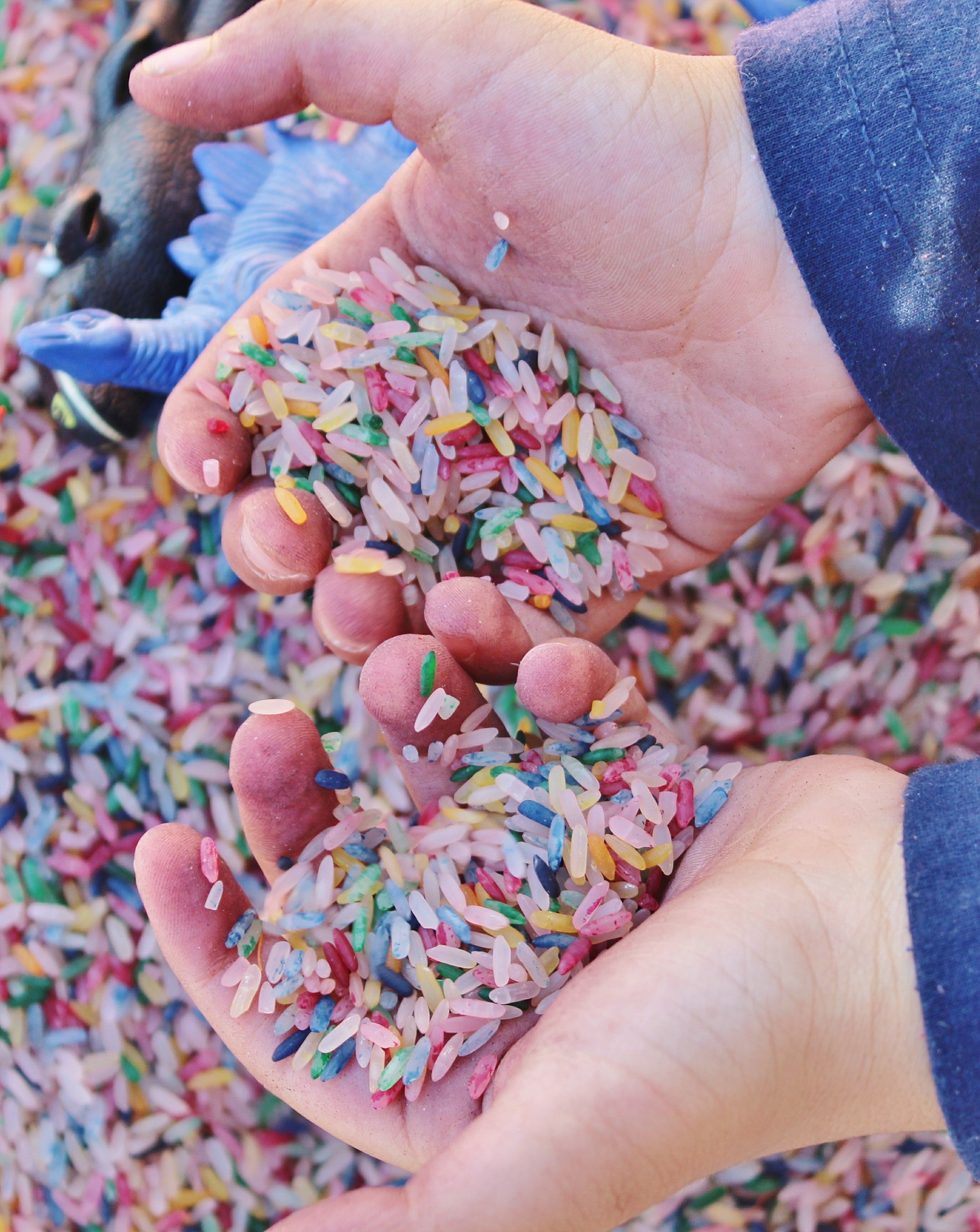Fine motor skills are the ability to make movements using the small muscles in our hands and wrists. These actions enable children to write and draw, stack blocks and hold objects.
Learn why these skills are important and how to help children improve them with these helpful tips from a preparatory school in London…
Why do fine motor skills matter?
These skills are essential in both academic and everyday activities. If these skills are not practiced at an early age, it can affect a child’s ability to write, use tools or perform personal care tasks, such as dressing or tying shoe laces.
What can parents do to help develop these skills?
Toys & games
Toys are a fun way to help your child develop their fine motor skills. For school-aged children, board games with pieces and parts to pick up and move are ideal for developing these skills. For instance, Operation is a game which focuses on using the pincher grip (which is used in writing) to pick up small objects carefully without setting off the buzzer. Toys that require building are also good such as stickle bricks or Geomag sets as they require you pick up the pieces and carefully connect to them together.
Modelling clay
Modelling clay or Play-dough is ideal for improving a child’s fine motor skills. Encourage your child to squeeze, stretch and roll the clay with their hands. While children are busy playing with the clay, they are building up strength in the muscles in their fingers and hands. You could also ask your child to try and cut the clay with children’s scissors or cookie cutters.
Art & crafts
Another great way to develop your child’s fine motor skills is by doing art and craft activities together. Drawing using crayons, paint sticks or chalk can help to strengthen your child’s hand-eye coordination and manual dexterity. Finger painting is a perfect fine motor skill activity for younger children and then you can go onto teaching them how to hold a paint brush and how to control it to make shapes and letters.

